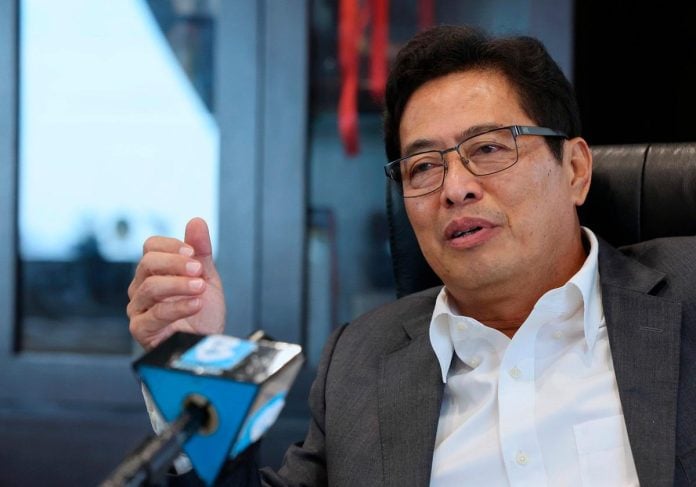KUALA LUMPUR: Combating corruption requires a united commitment from both public institutions and private enterprises to foster integrity and resilient governance, said Malaysian Anti-Corruption Commission (MACC) Chief Commissioner Tan Sri Azam Baki.
He emphasised that while the government enforces regulations, the private sector can support anti-corruption efforts through technological advancements, data sharing, and operational resources. “Efforts to combat corruption demand continuous commitment, unwavering integrity, and joint action,“ he stated.
Azam made these remarks during the opening of a workshop titled ‘Advancing Integrity Together: Public-Private Partnership for Inclusive Anti-Corruption Reforms’, organised by MACC and the United Nations Office on Drugs and Crime (UNODC). The event saw participation from representatives of Brunei, Denmark, Laos, Mongolia, Myanmar, Saudi Arabia, and Oman.
Malaysia has shown progress in its anti-corruption drive, with its Corruption Perceptions Index (CPI) ranking improving to 57th in 2023 from 61st in 2022. Azam attributed this to the National Anti-Corruption Plan (NACP) 2019-2023, which achieved a 77% implementation rate, completing 85 out of 111 initiatives.
To sustain this momentum, MACC introduced the National Anti-Corruption Strategy (NACS) 2024-2028, featuring five core strategies: Education, Public Accountability, People’s Voice, Enforcement, and Incentives, supported by 60 sub-strategies.
Azam also highlighted reforms such as adopting artificial intelligence (AI) and blockchain for investigations and monitoring to counter increasingly sophisticated corruption methods. “Cooperation with UNODC is crucial to advancing the global anti-corruption framework, particularly in corporate liability and cross-border collaboration,“ he added.
The event was attended by Rasidah Abdul Karim, director of MACC’s Policy, Planning and Research Division, and Annika Wythes, team lead of UNODC’s Anti-Corruption Hub for Southeast Asia and the Pacific. – Bernama










